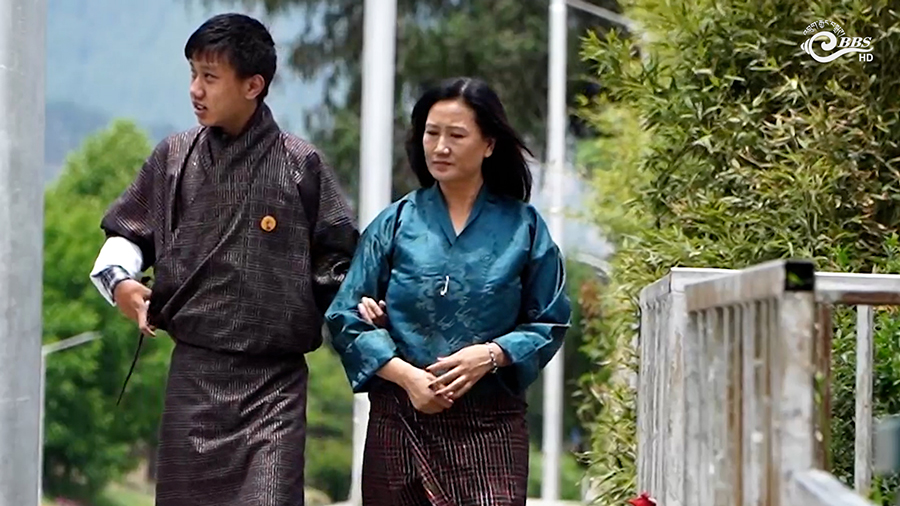 With mental health cases on the rise, help is finally reaching beyond the capital. The PEMA Secretariat is equipping health workers across the country to deliver mental health services in every district. And by the end of the 13th Five-Year Plan, every hospital is expected to have a clinical counsellor, bringing critical care closer to home for countless families.
With mental health cases on the rise, help is finally reaching beyond the capital. The PEMA Secretariat is equipping health workers across the country to deliver mental health services in every district. And by the end of the 13th Five-Year Plan, every hospital is expected to have a clinical counsellor, bringing critical care closer to home for countless families.
 Tshering Chezom’s child was diagnosed with autism around 2012, when he was two years old. At the time, the family was living in Wangdue Phodrang, where the father worked.
Tshering Chezom’s child was diagnosed with autism around 2012, when he was two years old. At the time, the family was living in Wangdue Phodrang, where the father worked.
She did not fully understand the condition then, and there was no one to guide her.
Following a recommendation, she brought her child to Thimphu in 2019, since proper health services were only available in the capital.
The move was financially and emotionally challenging.
“We always kept our child inside the house, but when we reached here, the child had so many opportunities. The hospital had a Speech therapist, an occupational therapist, and tuition for them as well in Vtob. There are multimedia classes by the Bhutan Foundation.”
They lived in a rented apartment, hoping to help their child. She says even today, there are many like her who have brought their children to Thimphu, living away from friends and family. The situation stresses the need to make such services available across the country.
During a recent Meet the Press session, the Health Minister said the ministry, in collaboration with the PEMA Secretariat, has been working to integrate mental health services at all healthcare centres.
 “At the Dzongkhag Level Hospitals, doctors are trained, and Clinical Counsellors are being recruited to provide counselling services and manage referrals from primary health centres. Currently, 26 Clinical Counsellors are serving in hospitals, helplines, and Gyalsung academies. More than 25 are pursuing their undergraduate studies at the Faculty of Nursing and Public Health.”
“At the Dzongkhag Level Hospitals, doctors are trained, and Clinical Counsellors are being recruited to provide counselling services and manage referrals from primary health centres. Currently, 26 Clinical Counsellors are serving in hospitals, helplines, and Gyalsung academies. More than 25 are pursuing their undergraduate studies at the Faculty of Nursing and Public Health.”
The minister said that the Khesar Gyalpo University of Medical Sciences has introduced a course for Community Mental Health Outreach Workers. It is to support outreach services, assist clinical counsellors, and help facilitate aftercare.
Moreover, one psychiatrist will be posted in Gelephu by the end of this year, followed by another in Monggar the following year.
Today, Tshering’s child is fifteen. Her husband joined her in Thimphu after securing a transfer last year, and the whole family now lives together in the capital. The move, though difficult, has brought real improvements to their child’s condition, a choice Tshering will always be proud of. It’s a reminder of why expanding these services nationwide matters so much so that no family has to uproot their lives to get the help they need.
Singye Dema
Edited by Tandin Phuntsho









